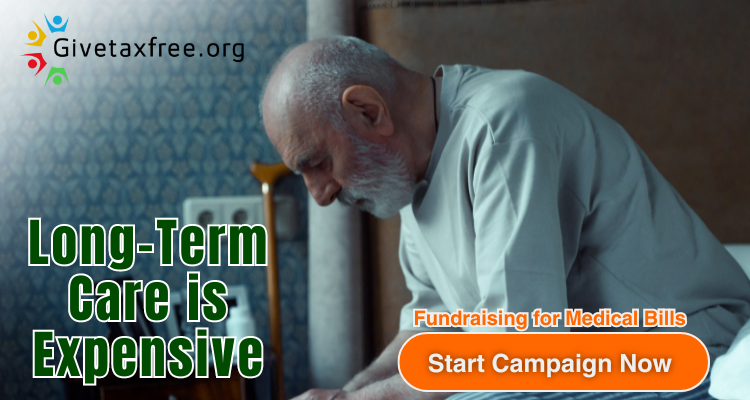Dr. Julia Rowland shares the newest evidence-based recommendations from SIO and ASCO on integrative therapies for managing anxiety and depression symptoms in adults with cancer. Listen in to hear recommended options, such as acupuncture, aromatherapy, hypnosis, mindfulness, music therapy, relaxation, reflexology, Tai Chi and/or Qigong, and yoga. Dr. Rowland also discusses therapies the panel investigated but found insufficient evidence to support a recommendation for use in treating anxiety and depression. We also review how this guideline complements the recent ASCO guideline on conventional therapies for managing anxiety and depression, and the impact for patients and clinicians. Read the full guideline, “Integrative Oncology Care of Symptoms of Anxiety and Depression in Adults with Cancer: SIO-ASCO Guideline (https://ascopubs.org/doi/10.1200/JCO.23.00857) ” at www.asco.org/survivorship-guidelines (https://www.asco.org/survivorship-guidelines)
TRANSCRIPT
This guideline, clinical tools, and resources are available at www.asco.org/survivorship-guidelines (http://www.asco.org/survivorship-guidelines) . Read the full text of the update and review authors’ disclosures of potential conflicts of interest disclosures in the Journal of Clinical Oncology, https://ascopubs.org/doi/10.1200/JCO.23.00857
Brittany Harvey: Hello and welcome to the ASCO Guidelines Podcast, one of ASCO’s podcasts delivering timely information to keep you up to date on the latest changes, challenges, and advances in oncology. You can find all the shows, including this one, at asco.org/podcasts (http://www.asco.org/podcasts) .
My name is Brittany Harvey and today I’m interviewing Dr. Julia Rowland from the Smith Center for Healing in the Arts, Co-chair on “Integrative Oncology Care of Anxiety and Depressive Symptoms in Adult Patients with Cancer: Society for Integrative Oncology (https://ascopubs.org/doi/10.1200/JCO.23.00857) – (https://ascopubs.org/doi/10.1200/JCO.23.00857) American Society of Clinical Oncology Guideline (https://ascopubs.org/doi/10.1200/JCO.23.00857) .”
Thank you for being here, Dr. Rowland.
Dr. Julia Rowland: Lovely to be here, Brittany. Thanks for this opportunity.
Brittany Harvey: We’re glad to have you on.
Then before we discuss this guideline, I’d just like to note that ASCO takes great care in the development of its guidelines and ensuring that the ASCO conflict of interest policy is followed for each guideline. The disclosures of potential conflicts of interest for the guideline panel, including the guest on this episode, are available in line with the publication of the guideline in the Journal of Clinical Oncology, which is linked in the show notes.
So then I’d like to jump into the content of this guideline. So Dr. Rowland, what is the purpose of this joint SIO and ASCO guideline?
Dr. Julia Rowland: The purpose of the joint guideline, Brittany, published in the Journal of Clinical Oncology is to provide evidence-based recommendations to healthcare providers on integrative approaches to managing anxiety and depression symptoms in their adult cancer patients. By integrative approaches, we mean such interventions as yoga, relaxation, hypnosis, mindfulness, acupuncture, music therapy in treating anxiety and depression. Many of these therapies are already being used by people with cancer both during and after their treatment, with rates increasing over time. While use of integrative interventions can serve to improve quality of life, reduce stress, and provide individuals with a sense of control over their health, and they’re often reported by patients as doing just that, it’s important to note that for the purpose of this guideline, we examine specifically the ability of these interventions to significantly reduce symptoms of anxiety and depression.
Brittany Harvey: Great. And then, as you just mentioned, this guideline covers both anxiety and depression. So then I’d like to review the recommendations made by the expert panel and we’ll go in order of those. So starting with those recommendations for anxiety, what integrative therapies are recommended for managing symptoms of anxiety experienced after diagnosis or during active treatment?
Dr. Julia Rowland: The strongest recommendations in the guideline are for the use of mindfulness-based interventions, which include mindfulness-based stress reduction, meditation, and mindful movement. These interventions were recommended across the board to treat both anxiety and depression symptoms in patients in active treatment, and those post-treatment due to the strong evidence to show their benefits to patients. Yoga was also recommended for patients with breast cancer to treat both anxiety and depression symptoms, although the strength of the evidence was moderate. Data was less compelling for its use during or after treatment in other cancers, likely due to the lack of small numbers of non-breast cancer survivors…













![Feel your way forward cancer ♋️🎶👑😂🙌🏽✨  Sweet love and self-care vibes coming your way, Cancer! [Video]](https://cancerrecoverygiving.com/wp-content/uploads/2024/06/mp_349582_0_0jpg.jpg)

![5 warning signs of breast cancer you should not ignore.#cancer [Video]](https://cancerrecoverygiving.com/wp-content/uploads/2024/07/mp_349672_0_0jpg.jpg)
![Scientists calling for warnings, ad bans on ultra-processed foods [Video]](https://cancerrecoverygiving.com/wp-content/uploads/2024/06/mp_347322_0_cbsnfusionscientistscallingforwarningsadbansonultraprocessedfoodsthumbnailjpg.jpg)

